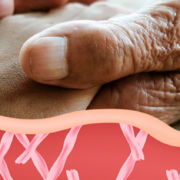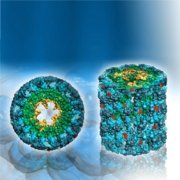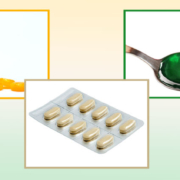MSG Is Safe, But Be Wary
The controversy regarding MSG certainly won’t end with this Memo, but I want you to know what the research says so you can make an informed decision. There’s no question that some people have sensitivities to certain food additives, and I’m not diminishing that response in any way. My point in doing this series of Memos was to dispel myths that have grown around some food additives such as MSG.
Why was the early research wrong? The Chinese Restaurant Syndrome grew from a single physician who described how he felt after eating Chinese food. More case studies were published, then small trials that seemed to support the observation. As time went on, trials with better controls over subjects and their reactions were done to test those responses attributed to MSG.
Regarding the excitotoxic brain damage, for the most part, that research injected glutamate (and not MSG) directly under the skin or directly into the digestive system. Because of its importance in so many chemical reactions, glutamate is tightly regulated and does not cross the blood-brain barrier. In other words, the research could have been done better. When it was, the results of those studies could not be duplicated.
Where does that leave you? Reading labels, I hope. I just checked the label of smoked ham: no MSG but there were at least three different sources of sodium. Same was true for beef jerky. That contributes to the high sodium intake we all have if we eat those foods.
You can’t really get away from MSG anyway; it’s naturally found in so many foods such as meats, cheeses, and even in tomatoes. There could be a benefit to using MSG: it may lower your overall sodium intake because it takes a lot less MSG to give the umami flavor than salt does.
But be wary. Umami flavor can become addictive. You know those chips I like so much? Some have MSG added, and they’re tough to eat in reasonable amounts. It may be best to avoid them altogether unless you can control the quantity you eat. That was why MSG was thought to cause weight gain; by itself, it doesn’t but it can cause a person to overeat, and that for sure will increase body weight.
Like anything else, unless you’re allergic, MSG can be a part of a reasonable diet to add flavor to food. If it helps make people want to eat broccoli and cabbage, I’m all for that because the benefits of the vegetables far outweigh any harm from the sodium.
Don’t forget to let me know if you’ve ever had a negative reaction to MSG. I’ll give the results next week.
What are you prepared to do today?
Dr. Chet
References:
1. Questions and Answers about MSGhttp://bit.ly/32tvELS.
2. N Engl J Med 1968; 278:796.
3. Science. 1969 May 9;164(3880):719-21.









